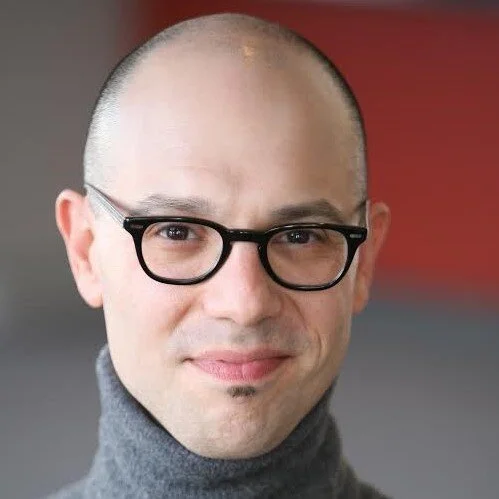Kindling Arts Festival
Photo of Shabaz Ujima and Soul/Sky company by Griffin Dunn
As our recent, premature optimism over gathering and travel fades under COVID variants, a constant trickle of bad news, and mask wars that rise like zombies to dog our heels, it’s tempting to throw up our hands and give up hope on the potential for a 2021/22 season of live performances.
Live music, dance and theatre find themselves teetering and unsure of where to fall — do we cancel, move forward or (sigh) go digital again?
With the Kindling Arts Festival slated for August 25–28 in Nashville, Tenn., producing artistic director Daniel Jones sat down with Outer Voice to talk about the importance of providing access to contemporary performing artists. Even as he and festival co-founder Jessika Malone wrangle the daily changes COVID brings, they remain committed to producing a safe festival where artists can find an opportunity to move forward after more than a year of uncertainty.
Kindling premiered in 2018, offering opportunities for contemporary performing artists ranging from dancers and theatremakers to aerialists and performance artists an opportunity to premiere and develop work that might otherwise be difficult to produce.
“The festival really came from a place of asking what the Nashville performance community specifically was in need of,” Jones says. “The gap continues to be developmental opportunities or playgrounds for experimentation for artists. We want really innovative work, and we want a place where artists can experiment and, succeed or fail, there’s not huge consequences. We also wanted something that propelled these artists’ careers forward and stretched what they thought was possible by challenging them with different spaces or different collaborations working across mediums.”
After two successful years … 2020 happened.
“We ended up not doing a festival in 2020,” he says. “We decided not to try a virtual festival. Frankly, it takes so much resources and it didn’t feel like the right thing. Many artists at that time, in August of 2020 and the lead up in June and July, were not necessarily in their most creative space … a lot of people felt creative block and a dead end.”
Instead of shoehorning a virtual festival in at the last minute, Jones and Malone stepped back. “What the pandemic did do for us is accelerate us into a year-round producing model.”
In previous years, the Kindling Arts Festival ran at the same time as the Defy Film Festival, and the organizers of each festival found themselves in competition for the same audiences.
“I emailed Dycee Wildman, who is the co-founder of that festival, and I basically said, ‘Look, we clearly have an overlapping audience,’” Jones laughs. “We’ve got weird performance things, you’ve got weird film things, and this cool, interesting, progressive crowd wants to be at these events. Let’s never plan on the same weekend ever again.”
Defy and Kindling began to work together. This year, audiences can purchase combo packages to attend both festivals, with Defy running August 20–21, the weekend before Kindling.
“We’ve birthed a really great friendship and sort of creative-colleague-ship as well,” Jones says. “There truly are so many similarities between our organizations. When the Tennessee Arts Commission announced that there were going to be some special COVID-19 grants available for projects specifically to be made int he spring of ’21, we reached out to Dycee and said, ‘I’ve had this idea of a poetry and film collaboration.’ We were able to write the grant as a collaboration and a partnership. These 12 incredible films came out of it — these wildly unique and very different, and wonderful cinematic creations came out of this prompt that was given to poets and filmmakers to collaborate.”
This became Heroic Couplets, a series of short films that premiered at Nashville’s OZ Arts in May.
“We’re hoping to do it again,” Jones adds. “We're currently looking for funding for how we're going to do that in spring of ’22. But it really represents what I hope Kindling can be doing more of, which is cross-media collaborations, embracing multimedia, really getting local artists that would never have a chance to work together or maybe wouldn't ever cross paths to directly sort of collide.”
Cross-media collaborations, unlikely venues and continuously surprising artists are what Kindling has in store for this year’s festival.
With a lineup that includes local luminaries like dancer/choreographers Shabaz Ujima, Becca Hoback and novel.dance, to musical performances from Gardening, Not Architecture, a theatrical piece from Cameron L. Mitchell and Alicia Haymer, and a piece of dada cabaret madness from Kevin Chopson, the 2021 Kindling Arts Festival is loaded with powerful surprises and delightful weirdness.
continued after photos
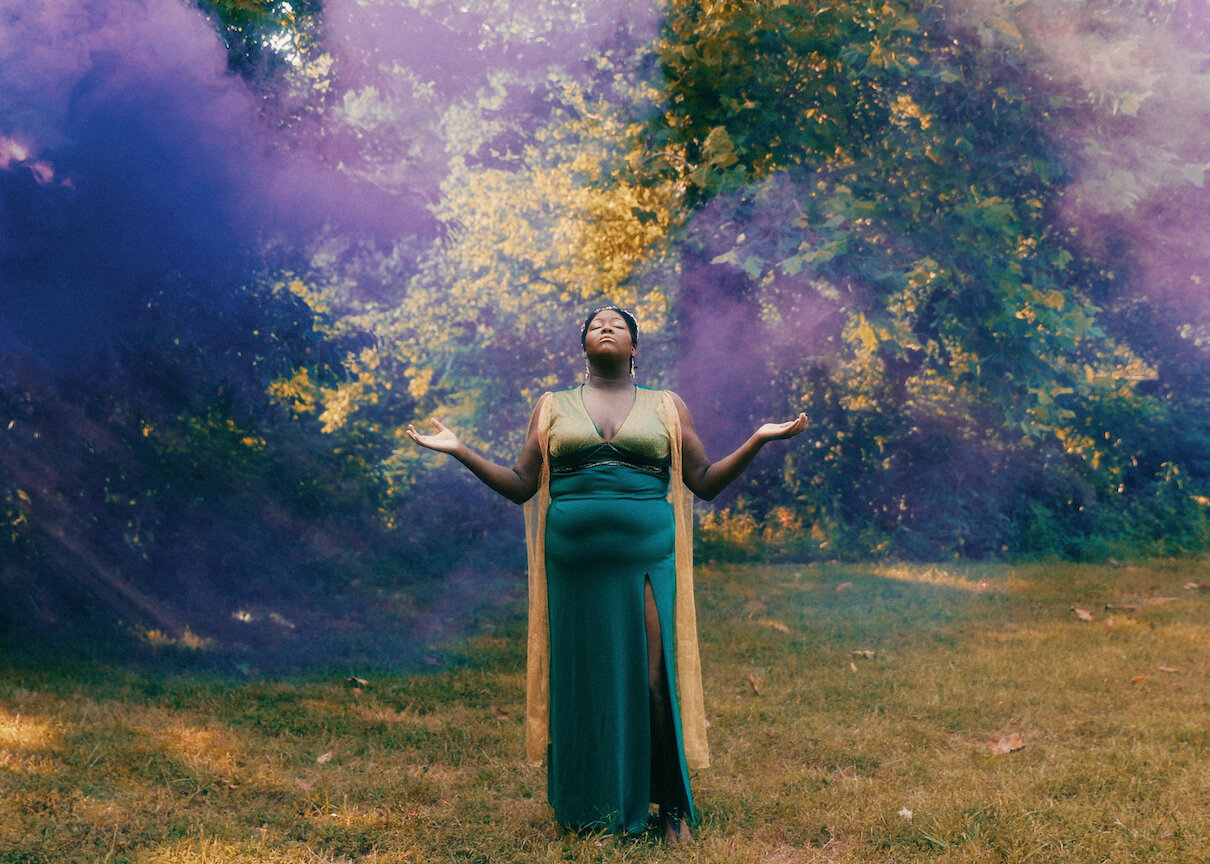
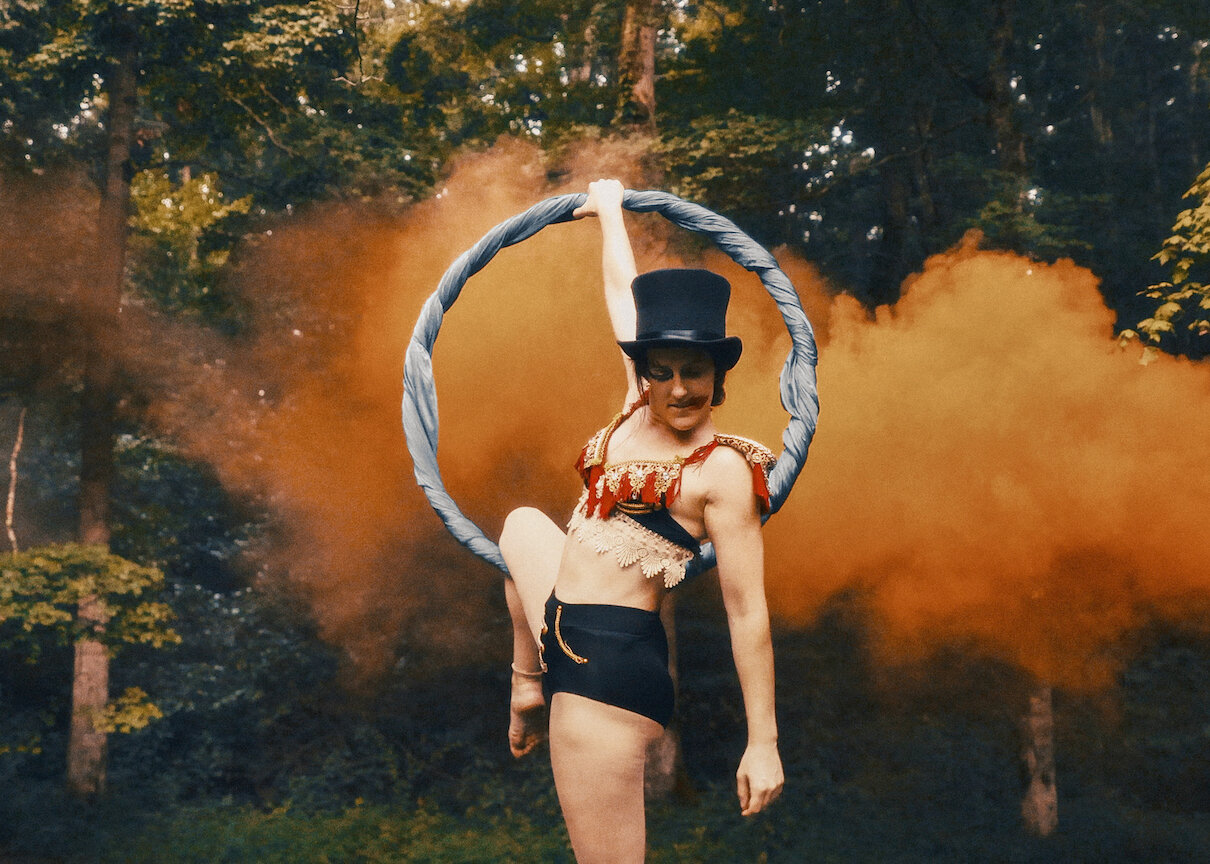
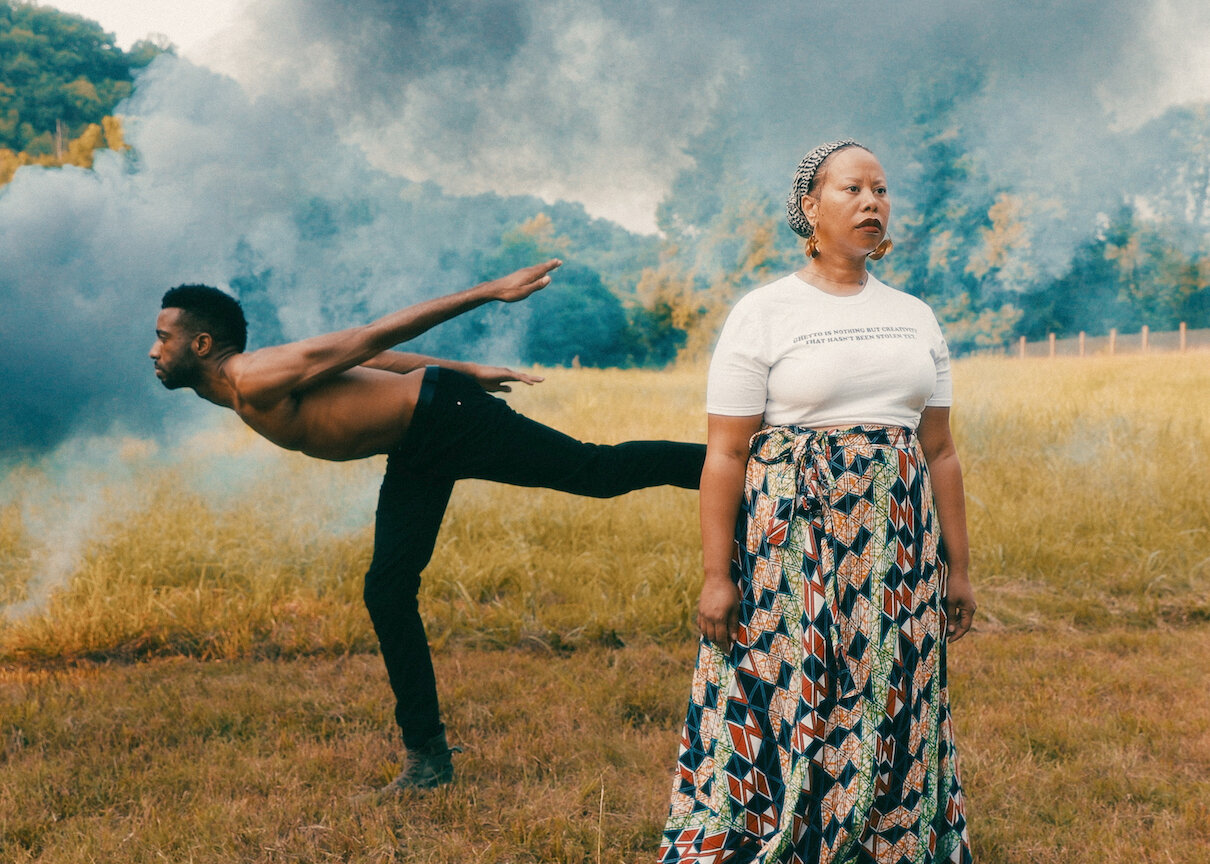
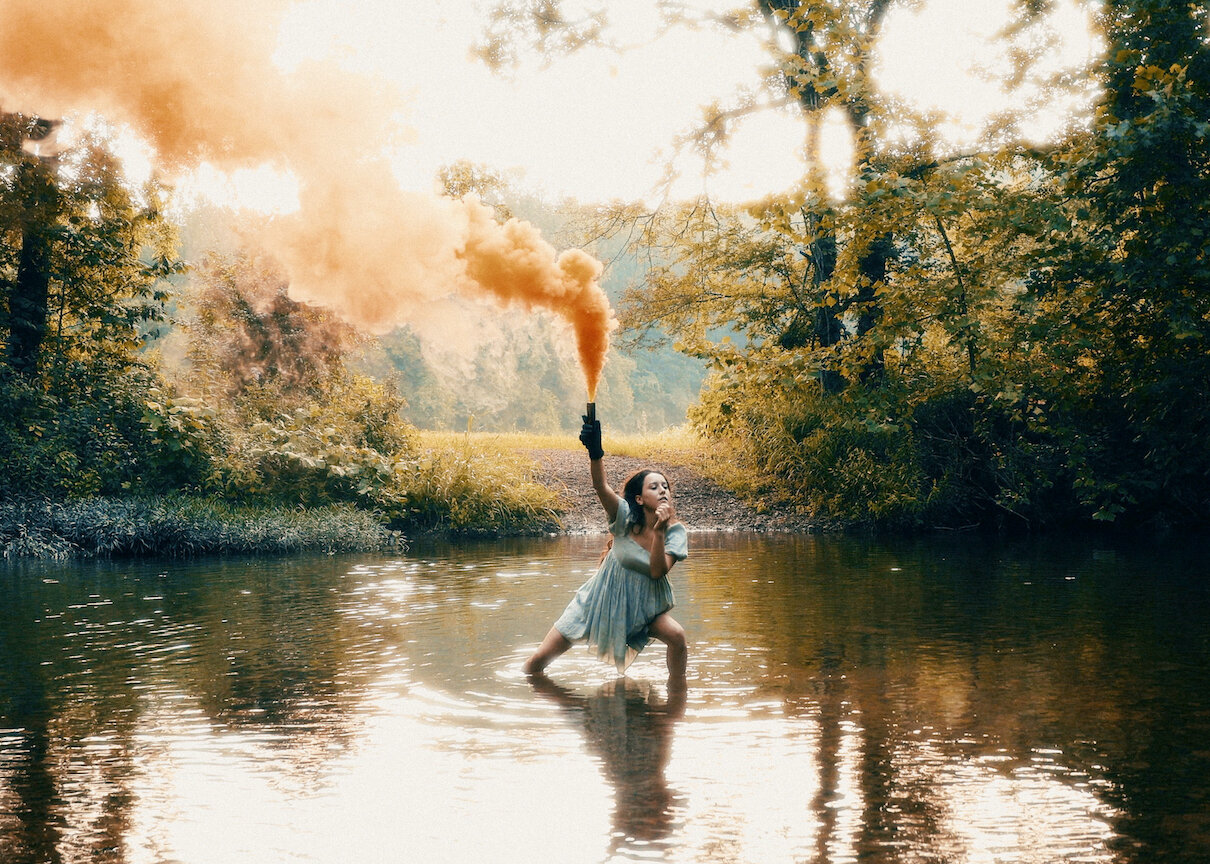
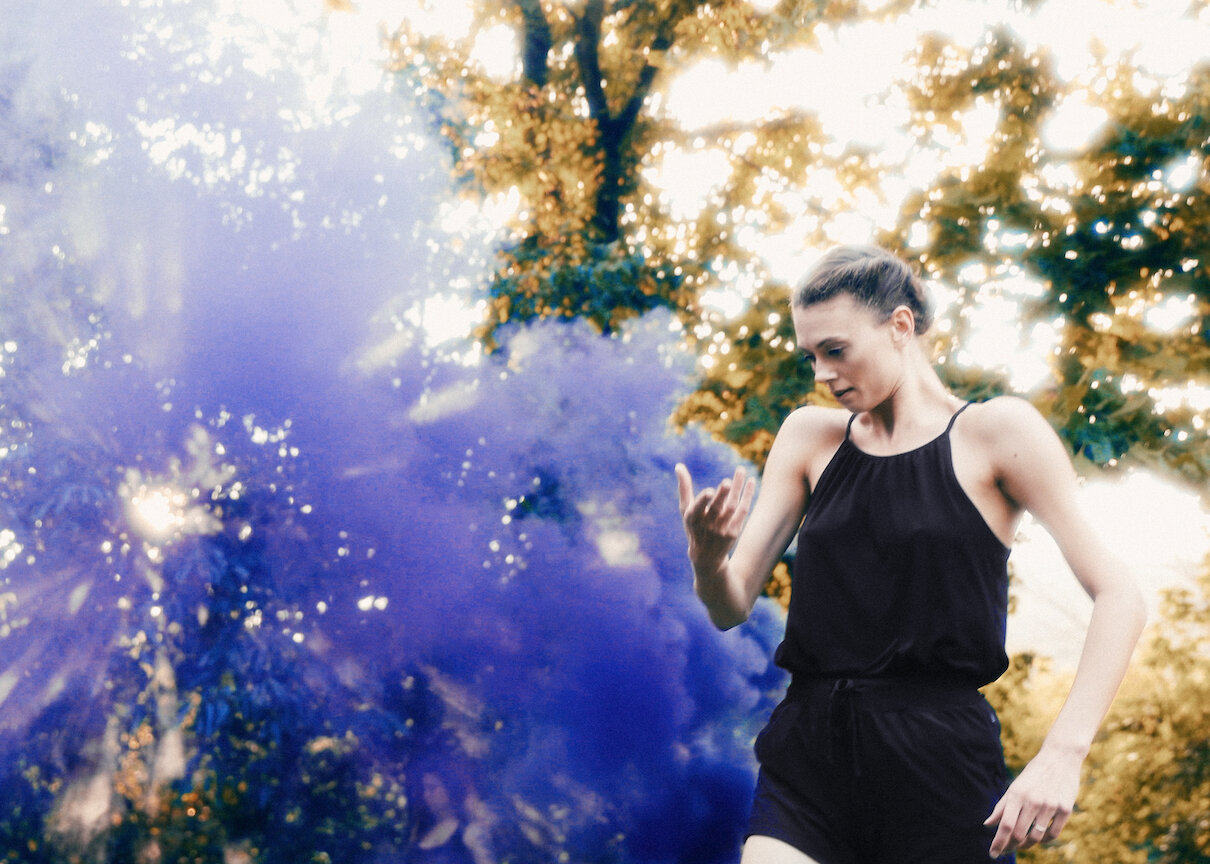
“You’re just going to have a this incredible sampling of the breadth of voices that we have in Nashville in the performance community,” Jones says. “The Small Parts Playset is a monologue play [by Nate Eppler & Jonathan Alexandratos] that dives into personal identity and the ways that our adult anxieties can manifest — but you’re literally going to be watching a toy, a My Little Pony doll, giving a monologue.
“I think about Jennifer Whitcomb-Olivia’s performance project, Seven, that we’re going to be premiering. It’s a look at the intersection of Blackness and fatness. It’s really confronting fatphobia and the ways that racism plays into fatphobia. She’s doing it through the lens of the seven deadly sins and the seven heavenly virtues.”
At the small Barbershop Theater, Kindling will set up a projection dome (proof of full vaccination required for small space events) where audiences can experience film combined with music performances. “You're only going to be sharing that with like, 18 other people,” Jones adds. “That's gonna be a really unique experience.”
While Barbershop Theater and OZ Arts represent more traditional performance spaces, Kindling continues to embrace unlikely spaces for site-specific performance. This year, that includes the Nashville School for the Aerial Arts, as well as Centennial Park, where Shabaz Ujima will present Soul/Sky.
“It’s all about the sacredness of our bodies and the sacredness of movement and dance and nature,” Jones explains. “It’s a spiritually infused dance performance that’s going to be intergenerational. There’s no stage. They’re going to literally be performing this processional dance piece on rocks in a pond and around that feature.”
The producers of the Kindling Arts Festival are under no illusion that producing a live festival in The Summer of COVID, Part II will be easy. Founder and creative consultant Jessika Malone had to miss our conversation because she was putting out scheduling fires for another performance festival she works with in Arkansas. (She currently lives in Austin, Texas, where she works with the Fusebox Festival.)
All events will require masks indoors, all artists, staff and volunteers are vaccinated and masks. Distanced seating is embraced and, as we mentioned, small venues will require proof of vaccination.
Even with the challenges of putting on a live festival in this moment, Jones and Malone are passionate about pushing art forward and getting performers and audiences together again.
“It's just the the importance of being together in space,” Jones says. “And how much we hadn't thought about that being taken away from us. And then we had these opportunities to re-emerge and to think about how we share space with each other. It's just a really interesting, unique thing that live events offer. I've been thinking about that also in relationship to the ways that we share communal spaces, like a dance floor, for example. There is nothing that's going to be able to replace that live experience, which I know we say a lot, but it really did take on actual weight this year.”
This leads us to the question of what purpose art serves in times like these.
“Art in general always serves as a way for people to process information,” he says. “And we are in information overload right now, right? For a lot of people, art is helping them process a lot of the things that have come up in the last year-and-a-half/two years. It’s not just about isolation and the pandemic. It’s also about racial equity and equity in general. And what is this capitalist structure that we’re living in?”
Jones concludes, “But I do think that our serves a purpose of helping not only individual artists process information, but [helps] an audience understand where we are in the world, and why we're here at this moment, and how to continue forward and how to envision a future that can be different. To challenge ourselves to think about what is possible beyond what is presently happening in our world in our reality. How do we become better? How do we continue to move forward is always a question that the best kind of art seems to be asking.“
Learn more:




